
As quiet as a church mouse, Ann E. Finnell entered into the Ninth Circuit Court, a Notice of Appearance last Thursday, September 30.
ANN E. FINNELL, the undersigned attorney, hereby enters her appearance on behalf of DEFENDANT, CASEY ANTHONY, joining attorneys Jose Baez, Esq., and Cheney Mason, Esq., inter alia as an attorney for Defendant.
Inter alia, for those not familiar, is Latin for “among other things,” meaning she is joining the crowd. The more, the merrier, so to speak.
What you may not have noticed, though, are two motions rolled into one that came attached with it; something she filed on behalf of her new client, Ms. Anthony. The nerve. Judge Perry wasn’t even given a chance to acknowledge her notification yet.
MOTION TO DETERMINE REASONABLE BUDGET FOR DUE PROCESS COSTS IN A CAPITAL CASE AND MOTION TO INCUR CERTAIN SPECIFIED COSTS
In this two-for-one motion, Ms. Finnell asks the Honorable Court to “set a hearing to detemine a reasonable budget for the penalty phase of a capital proceeding.” This is not in anticipation of a guilty verdict. No, this is more of a “just in case” scenario. Juries can go either way and it’s better to be prepared, and to be specific, this is a motion requesting money for services rendered BEFORE the trial, not after.
On March 19 of this year, Judge Stan Strickland officially declared Casey Anthony indigent and her defense stated that they would continue to work on her case pro bono. Regardless of how Florida taxpayers felt at the time, the state was ordered, through the JAC (Judicial Administrative Commission) to pay for her experts, investigators and other costs incurred. At the indigence hearing, her then-new attorney, Cheney Mason, said the total amount could be about $200,000. Unfortunately, I am of the opinion that it will exceed that price tag.
Ms. Finnell, in her motion, assumes that “since Defendant has been adjudged indigent for costs it would seem appropriate that undersigned counsel attempt to establish a reasonable budget for a capital case.”
I’m afraid, in this case, I have to agree with her, but it has nothing to do with siding with the defense. It is because Casey has a right, like any other who stands accused, to have a solid defense, particularly because of the nature of the beast. This is a capital case, and as Judge Perry has stated more than once, death is different. However, just because I agree does not mean he will write a check in the amount she is requesting. He has several options.
- He can agree 100% and grant her wish.
- He can agree and ask her to submit individual bills to JAC as they come in.
- He can disagree and tell her to work with what she’s already got; Jerry Lyons and Jeanene Barrett. Is Mort Smith still in the equation?
Ms. Finnell is very good at what she does. She is a seasoned veteran at this sort of thing. I noticed elsewhere in comments that the defense doesn’t need this attorney since Cheney Mason is already death penalty qualified. Her joining the team has nothing to do with that. It is all about taking care of the penalty phase if Casey is convicted of first-degree murder. That is her specialty and in order to be fair and just, any defendant in a capital case needs someone precisely like her. Indigent or not, they usually get one, and Casey is no exception.
Just what is the Jacksonville attorney requesting? Let’s take a look.
She believes the utilization of a private investigator will be required to provide services in the realm of “locating and interviewing mitigation witnesses,” and“locating and securing documents and other evidence relevant to the penalty phase,” among others I will get to. One of the things that I get a kick out of are those pesky little “other evidence” phrases that one never quite understands. Exactly what it really means is anyone’s guess. It’s almost the same as saying, “well, that’s what they say” to back up a claim, only no one knows for sure who “they” are. Oh, you know, them, those, that evidence.
On with the show… Performing background checks is a reasonable request. So is “researching any other factual issue relevant to the penalty phase such as the credibility and character of the witnesses.” She adds that she does not anticipate the costs for investigative services to exceed $5,000.00 and specifically requests the court to “enter an Order authorizing such costs not to exceed $5,000.00 without further Order of the Court.” That’s rather interesting, because she places this fiscal limit on each of her court requests and it’s the first time I have seen any defense attorney related to this case take responsibility for any money at all, except for what the JAC is willing to pay, and there have been issues already. Judge Perry stated that any bill JAC refuses to pay falls back into the hands of the Baez Law Firm. This woman has, what seems apparent, experience in this department. On this particular issue, she says that the private investigator would be one with whom JAC has a contract and would provide services at JAC rates. So far, so good.
$5,000.00
The next matter at hand concerns the services of a licensed psychiatrist or psychologist at a “reasonable hourly rate” - whatever that may be. Of course, the JAC has a menu that lists recommended rates:

JAC is also rather particular about what it offers. “Prior to retaining an expert, defense counsel must file a written motion seeking authorization to incur the expert services. The motion needs to establish the basis for the expert services by setting forth the reason why the expert’s services are necessary for the defense of the case. The defense has the burden to show the particularized need for the expert’s services.”
Since this leads the court to assure the JAC that what it hands out will have to be meticulously explained by the defense, Casey and her team will get no free rides. In the case of “seeking a comprehensive forensic psychological examination of the defendant, the attorney should ask the expert the number of hours the expert anticipates will be necessary to complete the evaluation,” which translates into: the defense should obtain a good faith estimate from the expert first. I believe Ms. Finnell has done that.
Whoever the expert is would examine and conduct forensic testing on Casey and “render an opinion regarding relevant mitigation” and be available to consult with the defense regarding state experts’ cross-examinations. If necessary, it would include testifying at the penalty phase. The price tag? Her guestimate runs at $7,500.00.
Now, we’re up to $12,500.00
Next up in her list is $1,000 for copies, medical records, school records, photographs and “any other record relevant to any statutory or non-statutory mitigating circumstance or to rebut any aggravating circumstance, and the preparation of trial exhibits of said records.”
$13,500.00
The next item up for the defense is the mitigation specialist and here’s where the instructions are clear. Ms. Finnell does not seem to be asking for anyone new. Instead, she seeks money for who’s already there, in which case, I would have to point the finger at Jeanene Barrett, left over from the Andrea Lyon days. Here, Ms. Finnell “anticipates needing additional hours for the mitigation specialist who has already been approved by the court.” Bingo! She’s not looking for anyone else. She expects this expert to work for an additional 100 hours at a rate the court had already established, and if I can find that out, I will let you know, but if we assume it’s $75.00 per hour, we’re talking an additional $7,500.00, which pushes the bill over the $20,000.00 amount initially reported in the media.
$21,000.00
The esteemed attorney expects to travel “to and from Orlando, Florida and Jacksonville, Florida and Ft. Myers, Florida, to visit with Defendant and Defendant’s family, friends and associates. Multiple trips will be required prior to the start of the trial in this cause.” She intends to use her own vehicle, which is not a 1987 Yugo, incidentally. Let’s see, the JAC states that, “When travel is more than 50 miles or out‐of‐county, an expert may bill for mileage pursuant to section 112.061, F.S. The state rate for mileage reimbursement is $.0445 per mile.”
The distance between Jacksonville and Orlando, from her office to the jail, is 145 miles each way. The distance from her office to Fort Myers is roughly 300 miles. She anticipates at least one trip per month to Orlando and back, and at least two trips to Fort Myers. Overnight lodging is expected for the trips to Fort Myers and some of the trips to Orlando, all of which is feasible. She’s asking for $4,000.00. Let’s see… a round trip from Jax to O’do runs about $134.00. Jax to Ft. Myers would be double that - $268.00. We are 7-8 months away from showtime, so 7-8 Orlando trips would run… let’s give her the benefit of the doubt and say 8 months. 8 trips would cost almost $1,100.00. To Fort Myers and back twice would add up to around $540, bringing our total to $1,640.00, not including hotel stays, and I think it’s safe to assume she’s not going to spend the night at the No Tell Motel, but still, that’s over $2,400 in lodgings. Nope, that one should be questioned by the judge. If the court chooses to approve, it brings our tally much higher…
$25,000.00
Ms. Finnell further anticipates “travel expenses for either one investigator or one mitigation specialist to travel to Ohio, to obtain records and interview potential witnesses.” Of course, this travel would have to require roundtrip airfare, lodging, and per diem expenses, which she expects to be approved at JAC rates. Air fare shouldn’t exceed $600.00 and total travel should not be any more than $1,500.00. That adds another $1,500.00 to our bill.
$26,500.00 grand total prior to trial
The final request is a very important one as far as I’m concerned, because it makes it clear when she expects this money. It makes absolutely no sense that the court would hold this amount until a verdict is rendered and the penalty phase begins, if Casey is found guilty. No, there’s not nearly enough time to collect all of this information. At the same time, something may come to light that is important to the outcome of the trial. This is money the state must hand out very soon in one form or another. Clearly, Ms. Finnell anticipates this because she says that “if this case goes to trial, travel to the site of the trial and lodging associated with the days required to attend the trial will need to be incurred at JAC approved rates. Counsel cannot at this time estimate the number of days required to select a jury, try the case, and conduct a penalty phase if necessary.” You see? This is money she intends to spend leading up to the trial, if it reaches that stage, which it will. The trial and possible penalty phase are not included.
We may not be happy with this price tag, but taking everything into consideration, and I mean everything, Ann Finnell has laid out an expense package that is within reason. Like I said, as much as some of us will disagree, it’s the first thing that’s come out of this defense that makes concrete sense. Finally, an efficient planner has emerged - one who’s not afraid to open her hand and show a couple of cards. No “I’ll have to get back to you on that,” or “I need to look into that.” Here it is, take it or leave it. Personally, I think Judge Perry is going to like her style. She’s no nonsense.
 Monday, May 23, 2011 at 3:27PM
Monday, May 23, 2011 at 3:27PM  Dave Knechel | in
Dave Knechel | in  Ann E. Finnell,
Ann E. Finnell,  Ann Finnell,
Ann Finnell,  Anthony Lazzaro,
Anthony Lazzaro,  Blogging,
Blogging,  Casey Anthony,
Casey Anthony,  Caylee Anthony,
Caylee Anthony,  Cheney Mason,
Cheney Mason,  Chief Judge Belvin Perry,
Chief Judge Belvin Perry,  Dave Knechel,
Dave Knechel,  David B. Knechel,
David B. Knechel,  David Knechel,
David Knechel,  Dr. G,
Dr. G,  Dr. Jan Garavaglia,
Dr. Jan Garavaglia,  Forensics,
Forensics,  Frank George,
Frank George,  George Anthony,
George Anthony,  Jeff Ashton,
Jeff Ashton,  Jesse Grund,
Jesse Grund,  Jose Baez,
Jose Baez,  Linda Drane Burdick,
Linda Drane Burdick,  Marinade Dave,
Marinade Dave,  Marinade Dave Knechel,
Marinade Dave Knechel,  Marinade Dave’s Caylee Anthony Posts,
Marinade Dave’s Caylee Anthony Posts,  Mark Lippman,
Mark Lippman,  Ninth Circuit Court,
Ninth Circuit Court,  Orange County Circuit Court,
Orange County Circuit Court,  Orlando Magazine,
Orlando Magazine,  Orlando Sentinel,
Orlando Sentinel,  Roy Kronk,
Roy Kronk,  Tony Lazzaro,
Tony Lazzaro,  WESH,
WESH,  WFTV,
WFTV,  WKMG,
WKMG,  WOFL,
WOFL,  Zenaida Gonzalez,
Zenaida Gonzalez,  marinadedave | |
marinadedave | |  1 Reference
1 Reference 
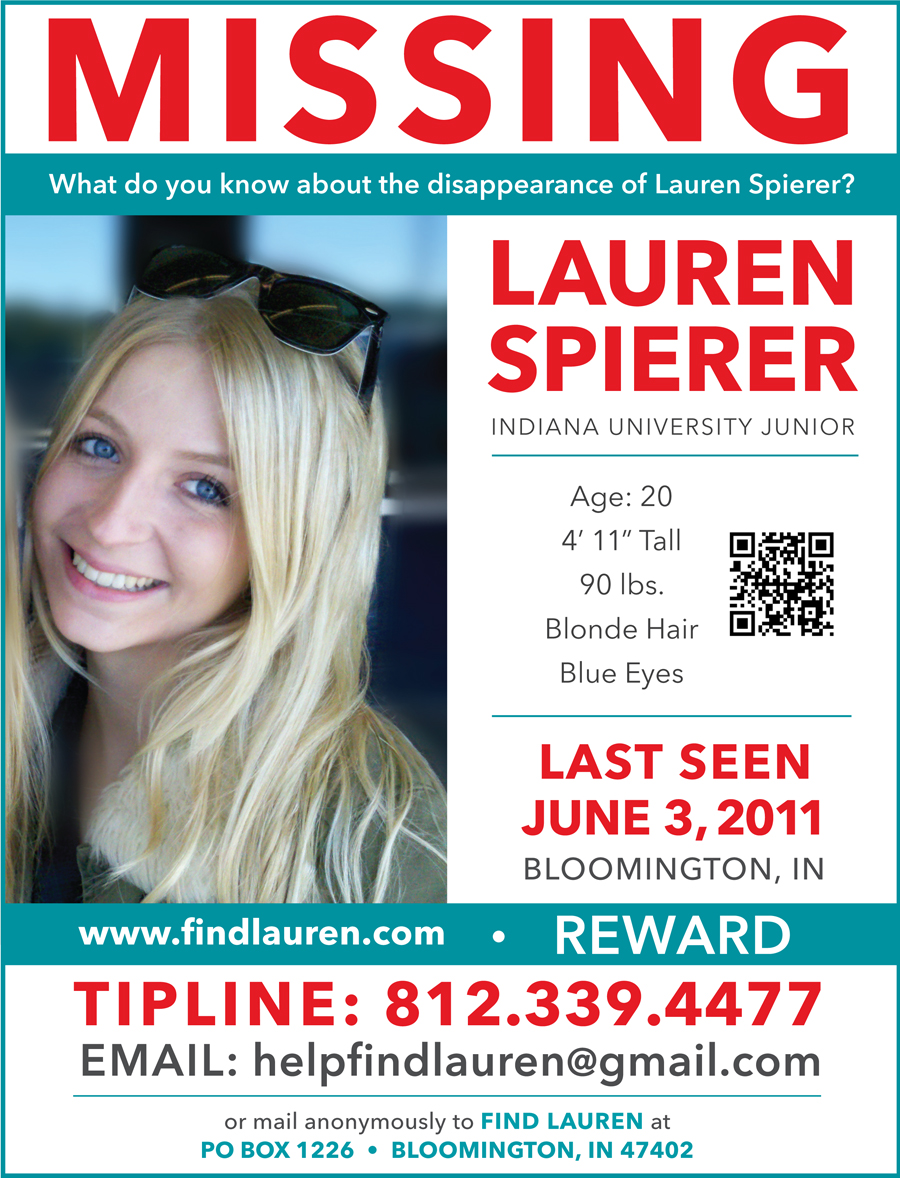
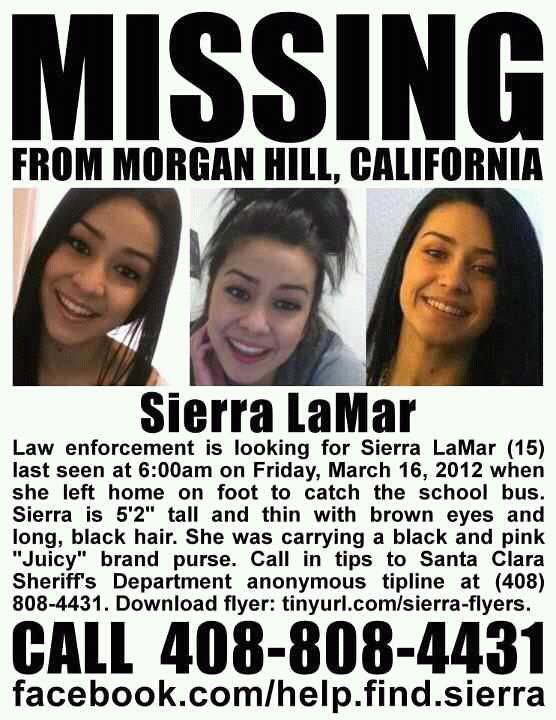
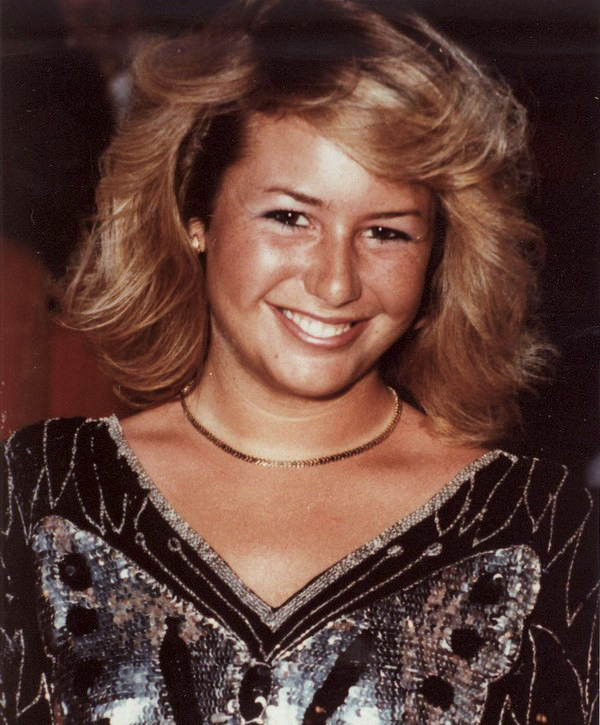
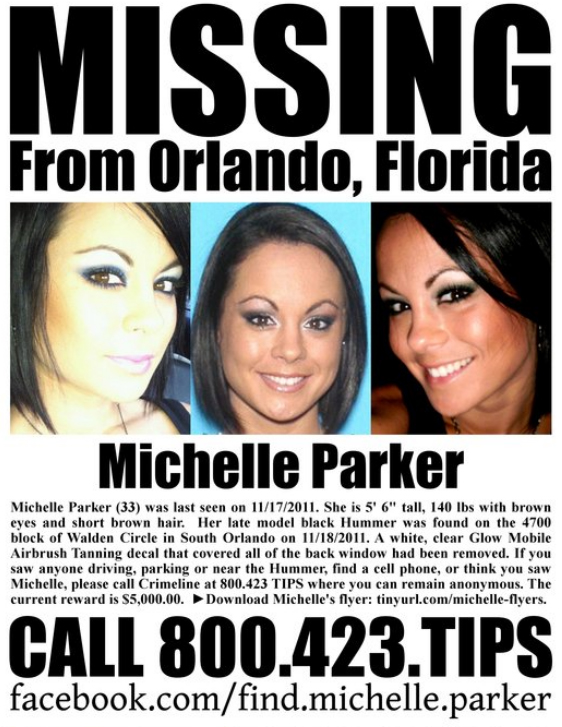
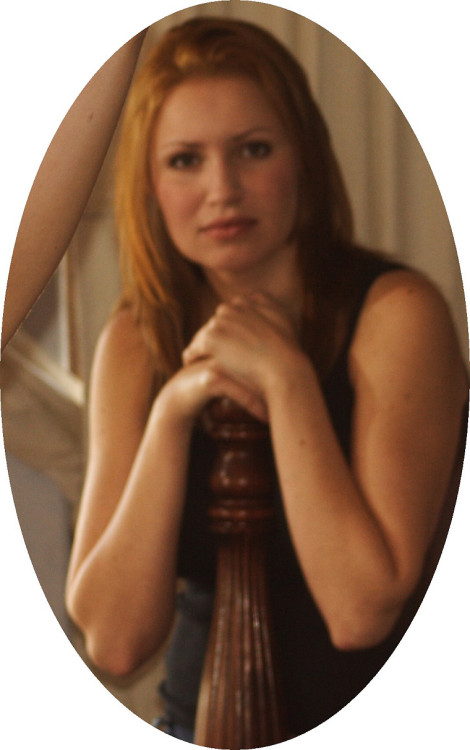
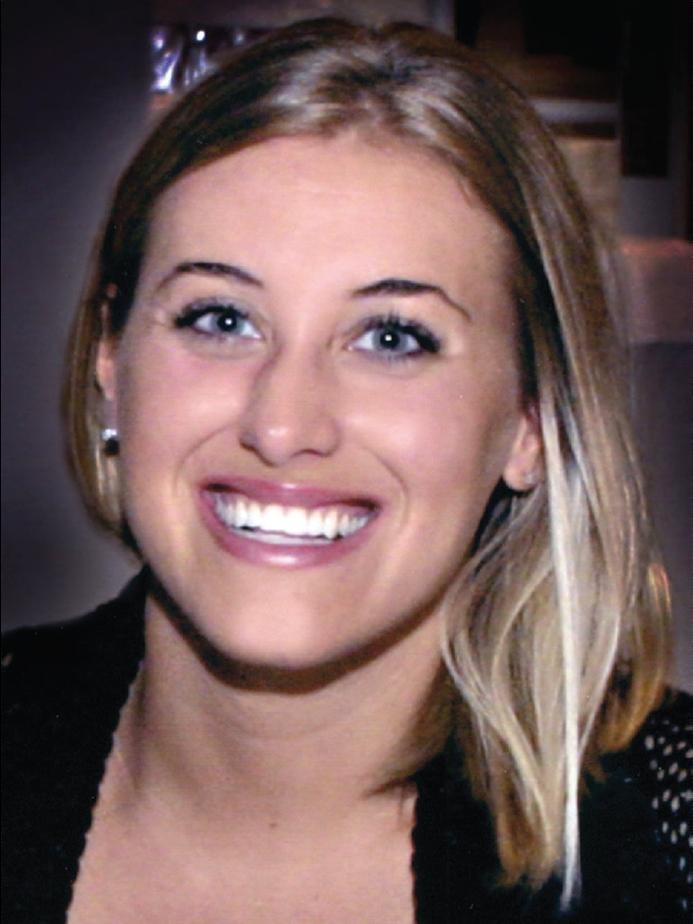
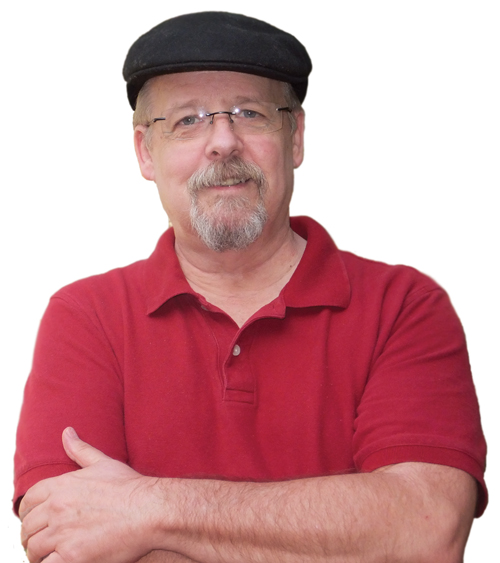














 LEGAL NOTICE
©David B. Knechel. All Rights Reserved. No portion of this site can be reproduced in it's entirety or in part without expressed written permission by the owner/administrator of this site in accordance with the Digital Millennium Copyright Act. Section 512(c)(3) of the U.S. Copyright Act, 17 U.S.C. §512(c)(3). The charges against defendants are mere accusations and the subjects are presumed innocent until found guilty in a court of law.
LEGAL NOTICE
©David B. Knechel. All Rights Reserved. No portion of this site can be reproduced in it's entirety or in part without expressed written permission by the owner/administrator of this site in accordance with the Digital Millennium Copyright Act. Section 512(c)(3) of the U.S. Copyright Act, 17 U.S.C. §512(c)(3). The charges against defendants are mere accusations and the subjects are presumed innocent until found guilty in a court of law.
